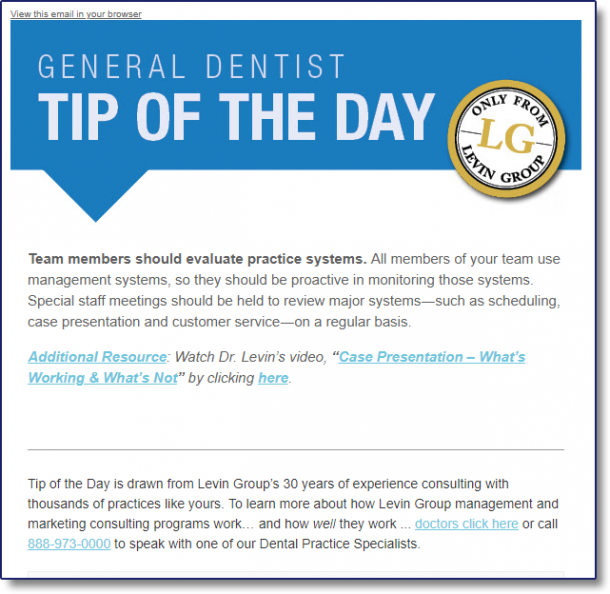There’s endless commentary on how to develop habits. Everyone from PhD’s to kids blogging from their bedrooms has an opinion on this topic, and most of them have no research to back them up.
For example, you probably have heard that it takes 21 days to create a habit. Try to find any real research on that. We did and we found that it came from a 1960 book called Psycho-Cybernetics written by Maxwell Maltz, a cosmetic surgeon. Maltz stated that he found that it took patients who lost limbs 21 days to adjust their self-image, so he proposed that it took 21 days to ingrain a new habit. Not only was this not research it is not necessarily accurate.
No one knows how long it takes to start and implement a new habit. But I do know that if you don’t identify the one habit you want to change nothing will happen. So I challenge you to answer the question – regardless of how long it takes, what is the one habit you want to change? Here’s a list of ideas to think about:
- Establishing your attitude and behavior when you arrive at the office each morning to inspire other people
- Giving one complement to everyone you meet every day
- Getting in better physical condition so you’re not exhausted at the end of the day
- Taking 1 hour three times a week to read and get updated on dentistry, practice management or personal development
- Getting up every morning and getting yourself into a positive mode by repeating a certain sentence (mantra) out loud to remind and reinforce a certain attitude or mindset
- Calling patients at night to see how they’re feeling
- Reviewing key performance indicators that represent the level of practice performance each day, week and month.
- Designing an annual budget and checking progress against that budget monthly
The list is endless. You need to decide which habit you want to create and begin to work on it now. It may take 21 days, 42 days or two hours. I have no idea. But I do know that it is more important to figure out what it is, than how long it will take.
Oh, and by the way, once you figure out the first one – go find another one.

